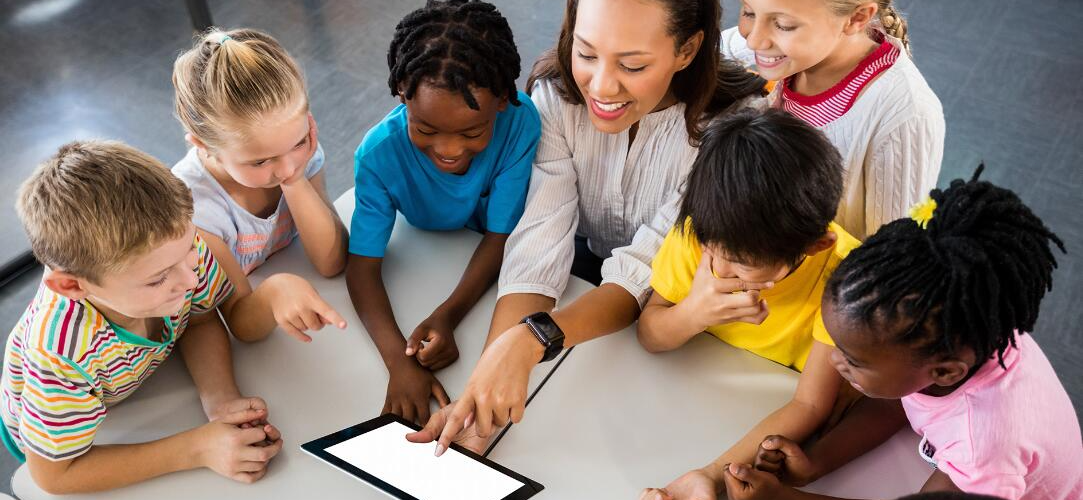Children's education is a foundational pillar for building a brighter future. It encompasses not only academic learning but also social, emotional, and physical development. A holistic approach to education recognizes that children are multifaceted individuals and aims to nurture all aspects of their growth.
Emphasizing creativity and critical thinking is essential in today’s rapidly changing world. Educators should encourage children to explore, experiment, and express themselves, enabling them to become innovative problem-solvers. Incorporating arts, outdoor activities, and hands-on learning experiences into the curriculum can ignite a child's curiosity and foster a love for learning.
Equally important is the development of social and emotional skills. Programs that teach empathy, communication, and teamwork can help children build healthy relationships and navigate their emotions. When students feel safe and valued, they are more likely to engage deeply with their studies and each other.
Parental involvement plays a crucial role in a child’s educational journey. Encouraging family participation in school events and activities bridges the gap between home and school, reinforcing the importance of education.
Lastly, it’s vital to recognize and celebrate the unique strengths of each child. Differentiating instruction and providing tailored support can ensure that every student, regardless of their background or abilities, has the opportunity to thrive.
As we continue to evolve our educational approaches, fostering an environment that nurtures not only the intellect but also the heart can lead to well-rounded, resilient individuals ready to contribute positively to society. Together, we can create a brighter future for our children by empowering their potential today

